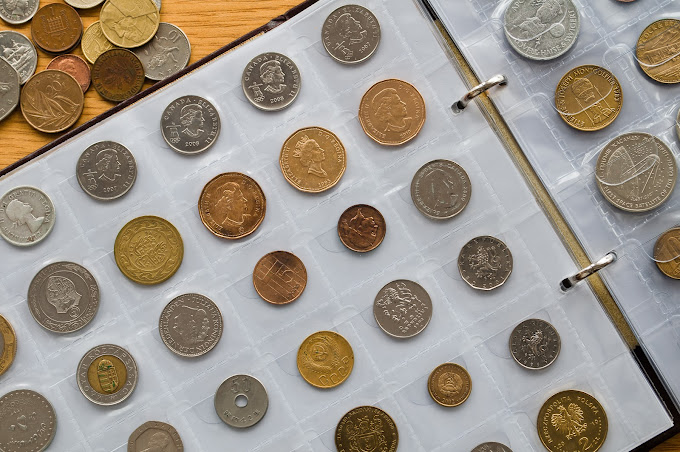Average investors may find their first purchase of physical gold and silver a little intimidating.
To be sure, bad actors have sold metals with lower purity or less precious metal content than claimed. Sometimes it requires special equipment or knowledge to detect such fraud. But there are many other ways for novice investors to be scammed.
TRAP #1: Cable TV Ads, Celebrity Spokesmen, and the “Bait and Switch”
If you watch any of the cable news channels, you are certain to have seen advertisements to buy gold or silver coins, especially inside a retirement account.
The companies behind the Cable TV ads typically use a celebrity spokesman and appear simply to be promoting a basic investment in gold or silver. However, when they get someone on the hook, they will try to make an upsell into so-called rare, special, limited edition, proof, or collectible (numismatic) coins.
Unfortunately, for anyone duped into buying these supposedly special coins – usually at the hands of high-pressure, commission-based salespeople – it may be decades (if ever) before the victim sees a return on their investment.
Because the prices charged are so high above the actual market value of the gold or silver, metal prices often must double or more before a purchase can get back to a break-even point on the investment.
The celebrities hired for these TV ads may not even realize they are complicit in a swindle. Like many others, they might not know enough about the precious metals industry to understand what is a good value and what is not. However, naivete is no excuse for a celebrity spokeman's involvement with such sellers; these celebrities get paid a fortune for their endorsements.
The reason these TV-based dealers can afford to pay the celebrities, as well as their aggressive commission-based sales team, is that the profit margin in their dubious rare, proof, and special-edition coins is far above the margins for competitively priced bullion.
TRAP #2: Individual Scammers
In recent months and years, there have been many cases of scammers and thieves targeting precious metals. Several public warnings have been issued by the CIA, FBI, and NSA, regarding scam syndicates and terrorist organizations in this area. Money Metals frequently warns customers about various scams we detect.
Some of the scammers will prey on the elderly, calling and harassing them into buying gold bullion bars or coins, sometimes using a fake business front to acquire cash or precious metals… or to get people to sell valuables for cash.
There have also been a variety of money laundering schemes.
At times, scammers may even present themselves as the IRS, the police, or another government authority and demand valuables to be turned over to them.
Another common type of fraud is committed by random sellers online. They will simply steal the client’s payment and deliver nothing, or fulfill orders with fake or adulterated metal.
The above scenarios underscore the importance of buying, selling, or trading through reputable online dealers such as Money Metals Exchange.
A reputable company will be easy to contact or communicate with. They provide confirmation as the transaction moves through to completion, they get positive reviews from clients online, and they have established a good rating with the Better Business Bureau (BBB). (That said, even dishonest companies have managed at times to maintain a good BBB reputation.)
TRAP #3: The Crooked Depository
Over the years, there have been multiple incidents involving corrupt depository operators that either raided a customer’s storage account or never deposited the metal the customer sent in the first place.
When storage customers finally want their metals to be returned to them, these corrupt depositories can operate as pyramid schemes. They manage to meet withdrawal requests until those requests outnumber new deposits.
When they do send metals, there can be long delays consisting of weeks or months. This is a red flag that signals the depository doesn’t actually have the customer’s metals on hand. They are working to acquire the metals needed to make the client whole.
A good rule of thumb is to only buy, sell, or store using a reputable precious metals depository that has an established public profile and good ratings.
TRAP #4: Phony Dealers that Fail to Deliver
There have been numerous instances of fake dealers that sell precious metals but never actually send the metals. Instead, they pocket the money.
The following are signs to be wary of…
- Newly created websites.
- Companies selling at popular online auction sites with no verified transaction history.
- Sellers who are based in a different country.
- Sites that look and sound a lot like other companies (but are not actually them).
- Sellers who only want to receive payment in cryptocurrency or cash.
- Random ads found on public forums.


No comments:
Post a Comment